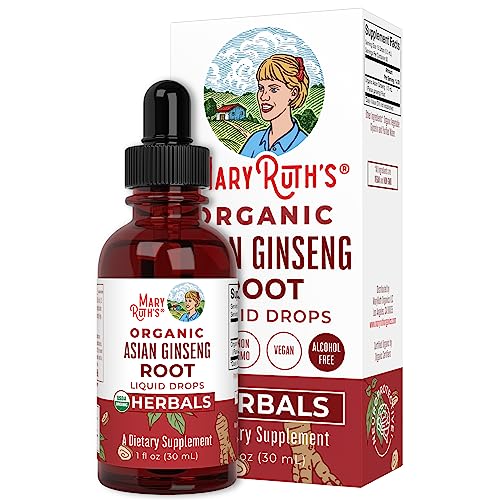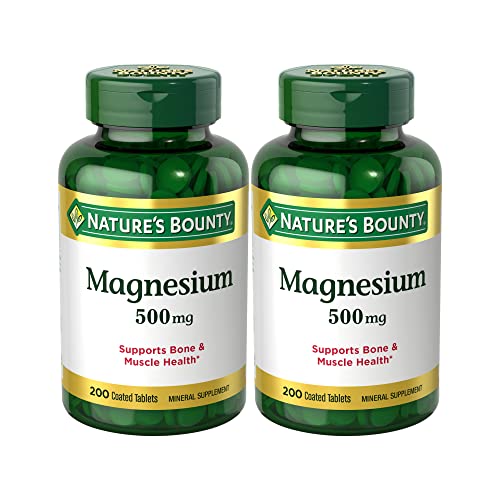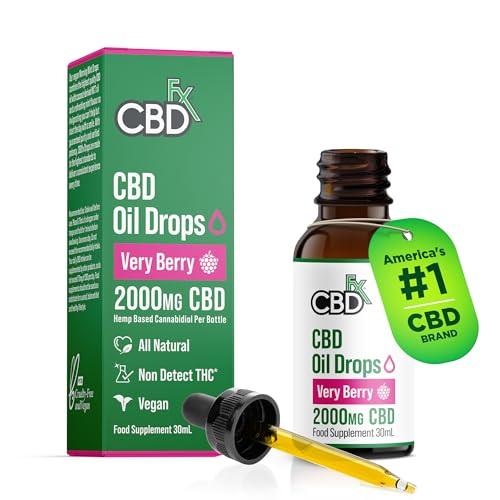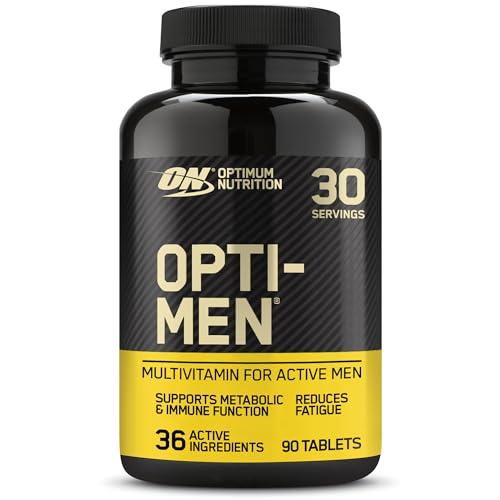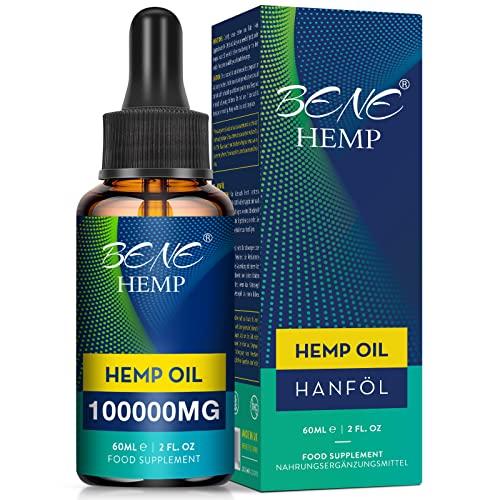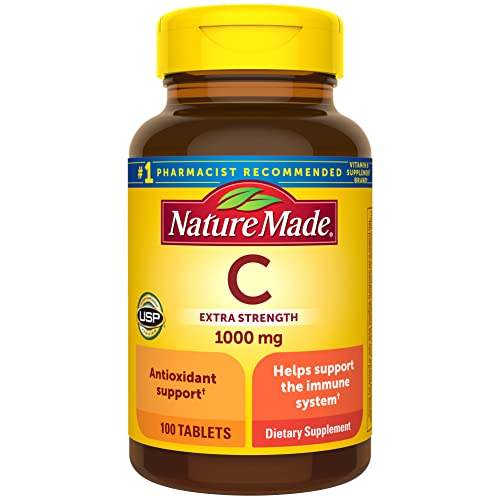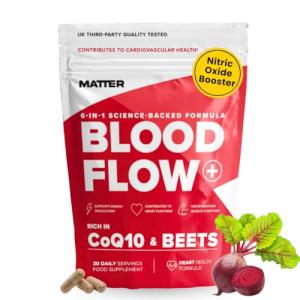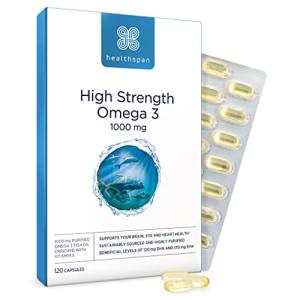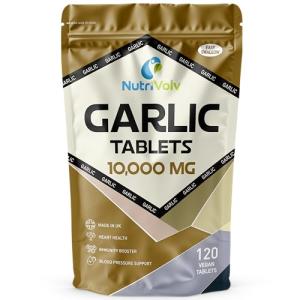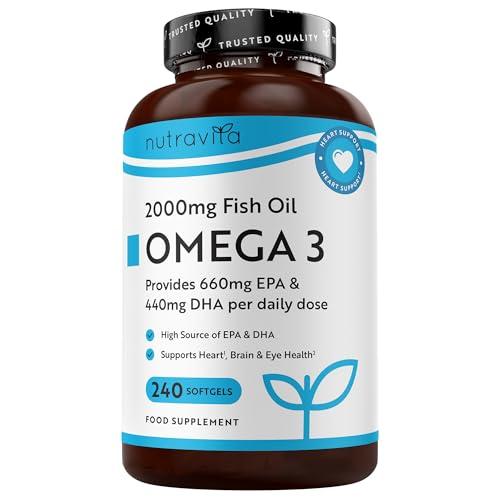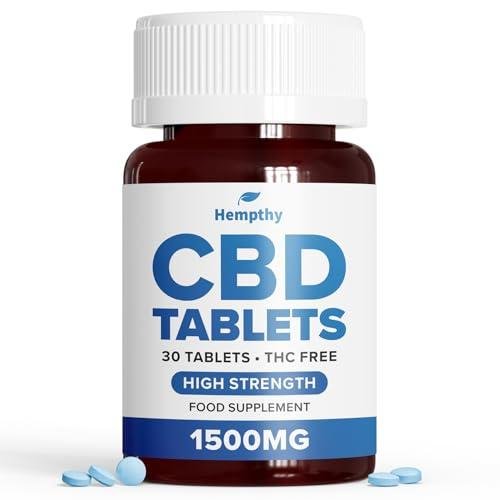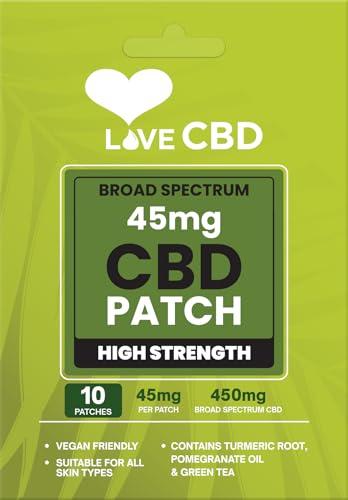Welcome to your go-to spot for health supplements! Whether you're looking to boost your energy, support your immune system, or just feel better overall, we’ve got what you need. Our range includes vitamins, minerals, protein powders, and herbal supplements tailored to fit every lifestyle. We believe in real health solutions, so every product we offer is chosen with care and based on quality. No fluff, just solid options to help you feel your best.
Shopping with us is super simple. You can easily search for exactly what you're after, or explore new favorites. Our detailed descriptions and customer reviews give you all the info you need to make smart choices. Plus, we’re always here to help with any questions. Dive into our collection today and take charge of your wellness journey with products you can trust.
